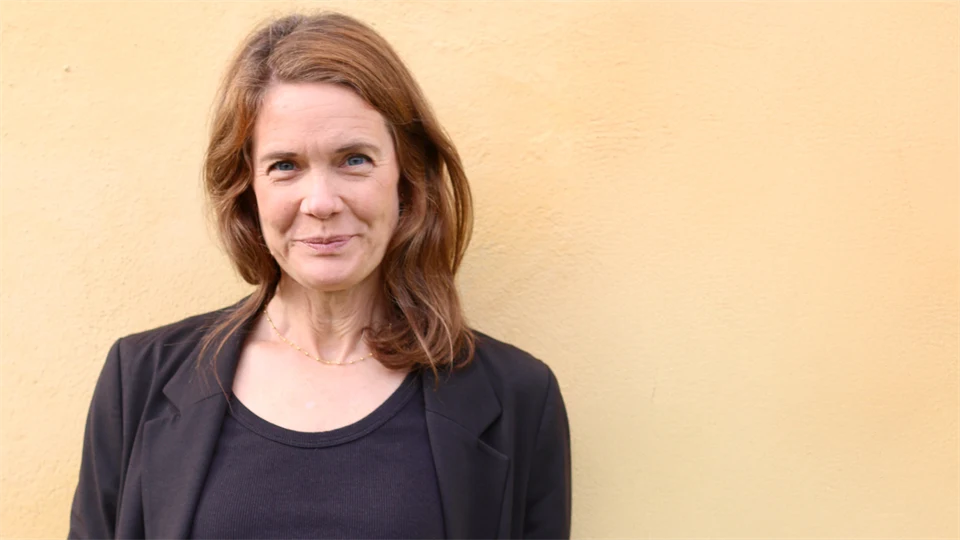Psychology researcher at Mid Sweden University receives five million SEK for research on traumatic birth experiences
Elisabet Rondung leads the ReWrite Birth project, a three-year project which will develop and evaluate methods to reduce post-traumatic stress in women who have experienced traumatic childbirth.
"I am extremely grateful that Forte saw the potential in our project and feel a great responsibility to implement it in the best possible way. It will be an educational journey, and I am really looking forward to getting started," says Elisabet Rondung, Associate Professor at the Department of Psychology and Social Work.
What is your project about?
"In the project, we want to identify effective interventions that can be used in the ordinary health and medical care. The goal is to evaluate a multiprofessional intervention aimed at reducing post-traumatic stress in women who have experienced traumatic childbirth.
Why is this area of research important?
"Many, both women giving birth and their partners, experience childbirth as traumatic. These are not only dramatic medical events, but can also include what are perceived as medically uncomplicated births.
"Lack of information, lack of respect for wishes and poor treatment can contribute to these experiences. About four percent of those who give birth develop symptoms that meet the criteria for post-traumatic stress disorder (PTSD). Despite being a fairly common problem, there is relatively little research on how we can best help those affected.
Who is involved in the project?
"We have a large and diverse project group with researchers from several universities, including Mid Sweden University, Dalarna University, Uppsala University and CITY University London.
"In the project group, we also include women who have experienced traumatic childbirth as well as professionals in healthcare who work to support this group. In addition, we have an advisory panel to ensure that all perspectives are heard.
How will you carry out the research?
"The project is divided into three sub-studies. The first is about interviewing women and healthcare professionals to understand their experiences and develop interventions based on these insights.
"In the second sub-study, we will evaluate the interventions through a randomized controlled trial. The last sub-study aims to investigate how these interventions work in the ordinary care.
What do you hope to achieve in practical terms?
"We aim to offer Swedish healthcare providers alternatives to interventions that can help those suffering from post-traumatic stress after traumatic births. We want our interventions to be perceived as helpful by both women and healthcare professionals, and for their effect to be proven through our studies.
What drives you personally to research this?
"My research has always been about women's experiences linked to childbirth. There is a great need for more treatment research in the field, and I am really looking forward to collaborating with the target group. I believe this is crucial for creating relevant and useful research.
Contact

